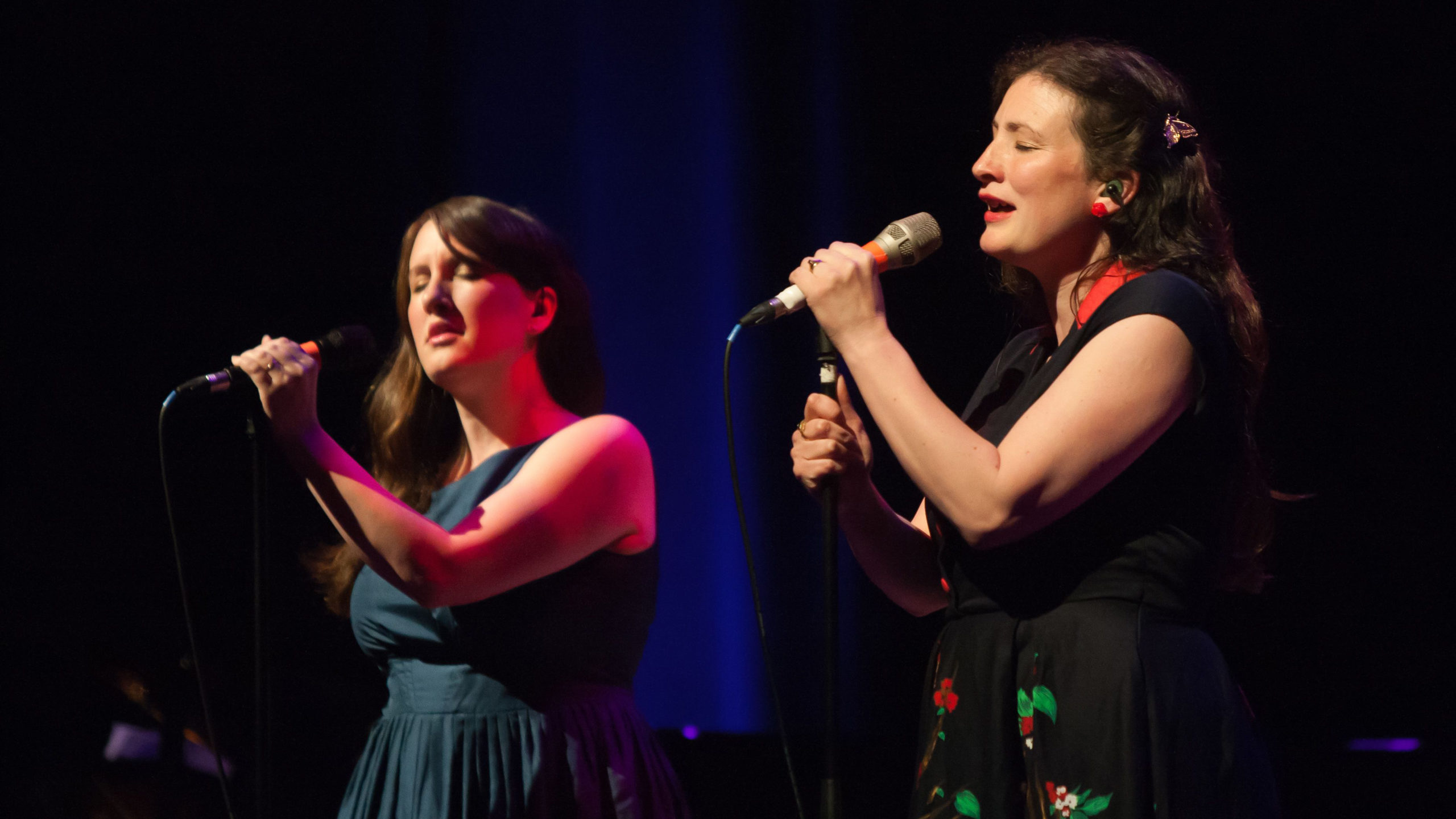Last week I heard a song called The King of Rome for the first time. It knocked me sideways. I immediately listened to it again, and then again. And then I started telling everybody to listen to it. It was released in 2012 so a number of the people I excitedly told had heard it some years ago and I looked rather late to the party.
It’s a live version of the track by folk outfit The Unthanks and the Brighouse and Rastrick Brass Band. It’s about a pigeon that made history. And if that isn’t already enough to excite you, then you and me are going to part company.

The pigeon was flying in a long-distance race from Rome all the way back to Derby in 1913. He was the pride and joy of Charlie Hudson, who lived a tough life in a tough part of the town. Charlie’s friends warned him about potential failure and the loss of his bird in that race. “I know,” said Charlie, “but I have to try/ A man can crawl around or he can learn to fly.” A thousand birds were swept away by a storm during the race. The King of Rome made it home.
It’s a very clever song and it packs an emotional punch. Lurking behind Charlie’s joy there is the pressure of poverty and a foreshadow of the Great War. It can’t be by chance that the cornet is frequently the most dominant sound. There is nothing quite like the glory and the melancholy of a brilliant brass band to grab you. When that cornet sounds, your eyes are carried up to look, with Charlie, for the King of Rome.
I heard it through Spotify. Whatever algorithm identified it for me, it popped up on a suggested playlist. And they got it right. They often do. But then having all known recorded music available almost immediately there is more chance of hit than miss. All recorded music, more or less. I’m interested in Neil Young and Joni Mitchell’s decision to remove their music from Spotify. I agree it’s dangerous allowing big voices like Joe Rogan big platforms to, unchallenged, spout misinformation. But there is a stronger reason to move away from Spotify; because the creators of music earn so little. This is not news, but it’s worth repeating.
Rogan is on a $100 million contract to record podcasts for Spotify. He gets around 11 million users per podcast. If a musician somehow got 11 million streams for a track, they would earn around $40,000. But that is before a label takes its shine and, besides, such numbers are rare. It also sucks money to the top. Ed Sheeran’s Shape of You is the most streamed track in the history of the platform. That’s at three billion streams. Nobody else really gets near Ed Sheeran. Except for Ed Sheeran.





